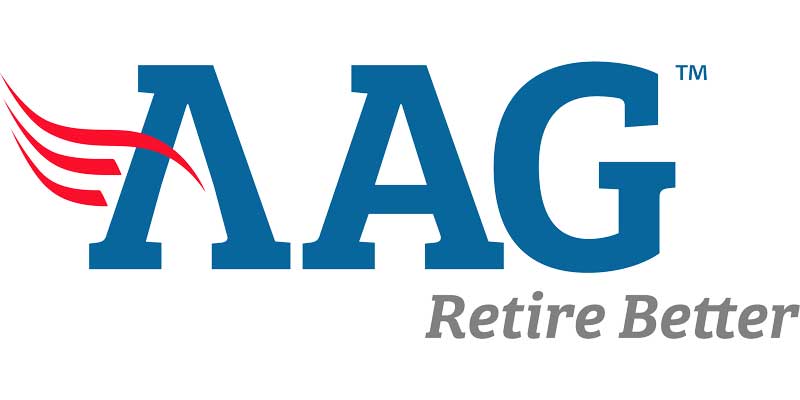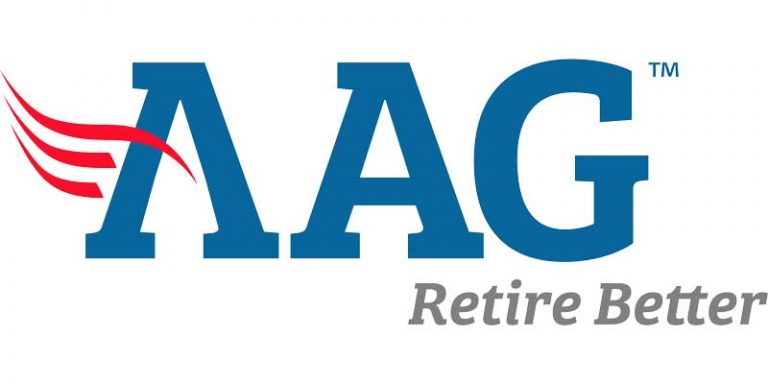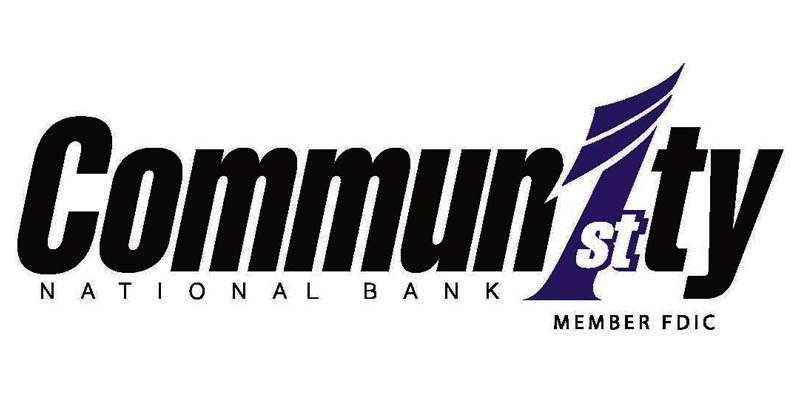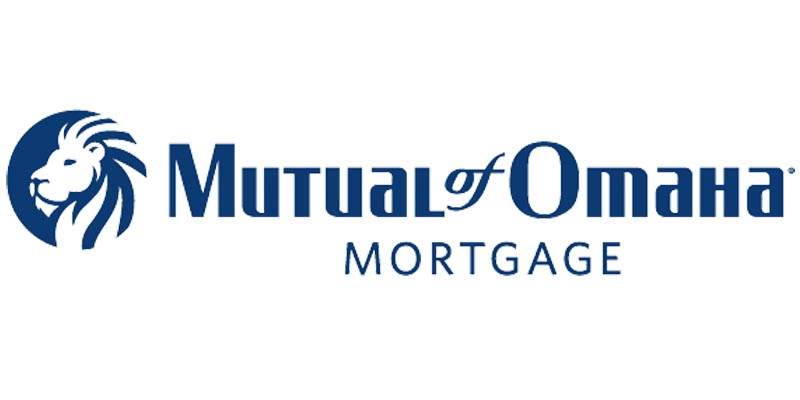Do You Qualify for a Reverse Mortgage?
Updated:
Retirement Living takes an unbiased approach to our reviews. We may earn money when you click a partner link. Learn More

A reverse mortgage is one way of accessing the home equity you’ve amassed during retirement. If you need cash to age in place, pay for unexpected medical bills, or cover everyday expenses, you might consider taking out a reverse mortgage instead of selling the home.
Reverse Mortgage Basics
A reverse mortgage allows homeowners to borrow against their accumulated home equity to fund various expenses. In turn, the lender makes lifetime payments to the borrower, either monthly or as a lump sum. This loan does not have to be paid off until the borrower dies, sells the home, or leaves the house permanently. (See our article, What is a Reverse Mortgage, for more details.)
Steven Sass of the Center for Retirement Research at Boston College discusses qualifying for a reverse mortgage in his study, Is Home Equity an Underutilized Retirement Asset? Sass recommends reverse mortgages for people who don’t plan to move, want to access the equity in their home to supplement their retirement income and can afford the cost of maintaining their home as they age.
To find out if you qualify for a reverse mortgage, your lender will evaluate your monthly living expenses, the value of your assets, your income, and whether you’ve paid all property taxes, association dues, homeowners insurance and other assessments on time. Lenders will evaluate your financial and personal circumstances to determine if you can continue paying taxes, home insurance, and other obligations on your home to qualify for a reverse mortgage.
Qualifications for a Reverse Mortgage

Reverse mortgage eligibility requires that you are at least 62 years old and own a significant amount of equity in your home.
Borrower’s Age
Reverse mortgage holders (and their partner or spouse) must be at least 62 years old. Ideally, it’s best to list both parties on the home’s title so one person doesn’t lose the home when the other passes away. However, the non-borrowing spouse can remain in the home as long as their name is listed as a spouse on tax documents, continue to pay taxes, and keep the house in good repair. Talk to your mortgage professional to determine the best way for your family to qualify for a reverse mortgage.
Equity Level
You must own your home or be close to paying it off to get a reverse mortgage. If you still have a mortgage, you must use the proceeds from the reverse mortgage loan to pay off the balance, as well as any liens on your property (usually used by contractors before they get full payment for improvements).
The minimum equity requirement is 50%, but this depends on your age and other home-related debt you will pay off with proceeds from the reverse mortgage. Calculate your property’s equity by subtracting the balance of mortgages and other outstanding debt that uses the home as collateral from the property’s value.
Property Type and Use
You can only use a reverse mortgage on your primary dwelling, not a second home or vacation property. Reverse mortgages can only finance the following types of homes.
- Single-family home
- Up to a four-unit home (as long as the borrower occupies one of those units)
- HUD-approved condominium project
- A manufactured home that meets FHA requirements
Sufficient Income and No Delinquencies
You’ll have to prove you have the financial resources to pay property taxes, home insurance, and other property-related expenses as long as you live. Lenders will confirm you are not in default on any federal loans like student loans or income taxes. If you have any federal delinquencies, such as owing back income taxes, you will need to resolve this before applying for a reverse mortgage.
HUD-approved Counseling
The U.S. Department of Housing and Urban Development (HUD) requires all prospective reverse mortgage borrowers to complete a HUD-approved counseling session with a reverse mortgage counselor. The session costs around $125 and takes about 90 minutes to explain how the process will go, given your unique circumstances and the financial responsibilities you incur as a reverse mortgage holder. To find a local counselor, HUD provides a lender list search.



